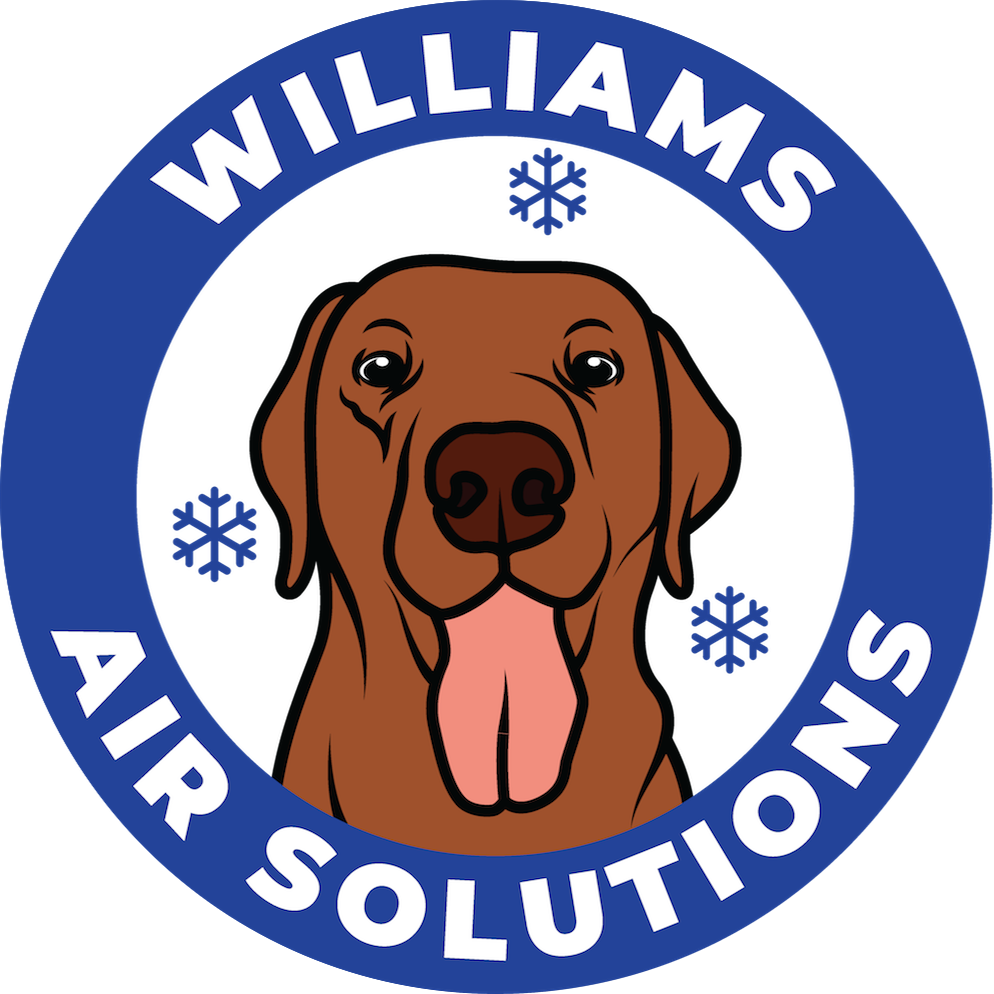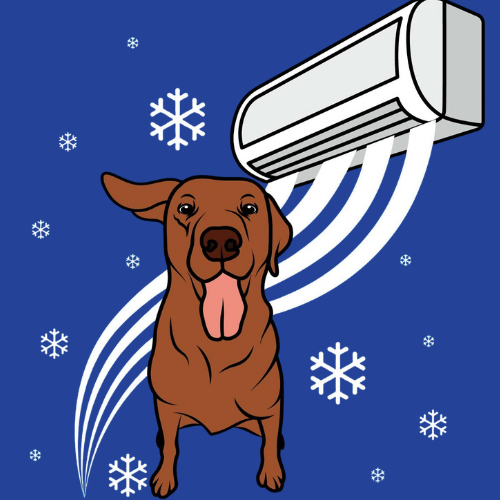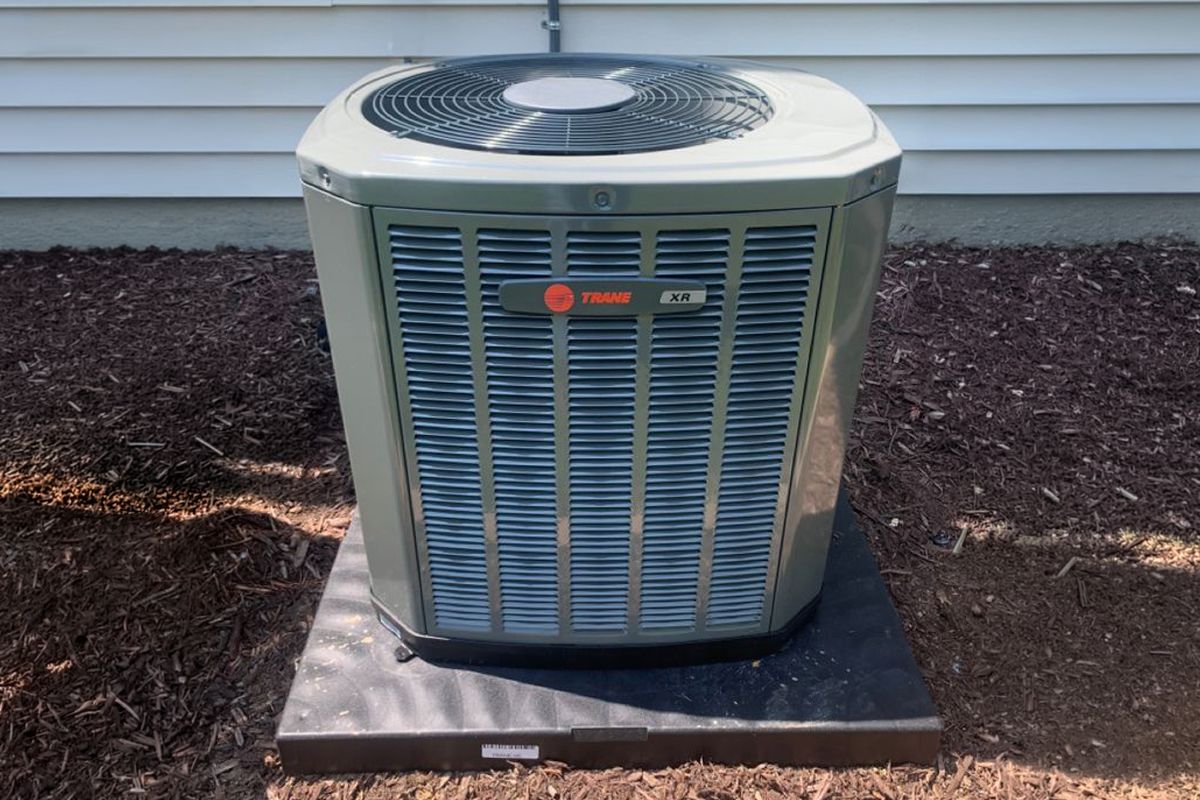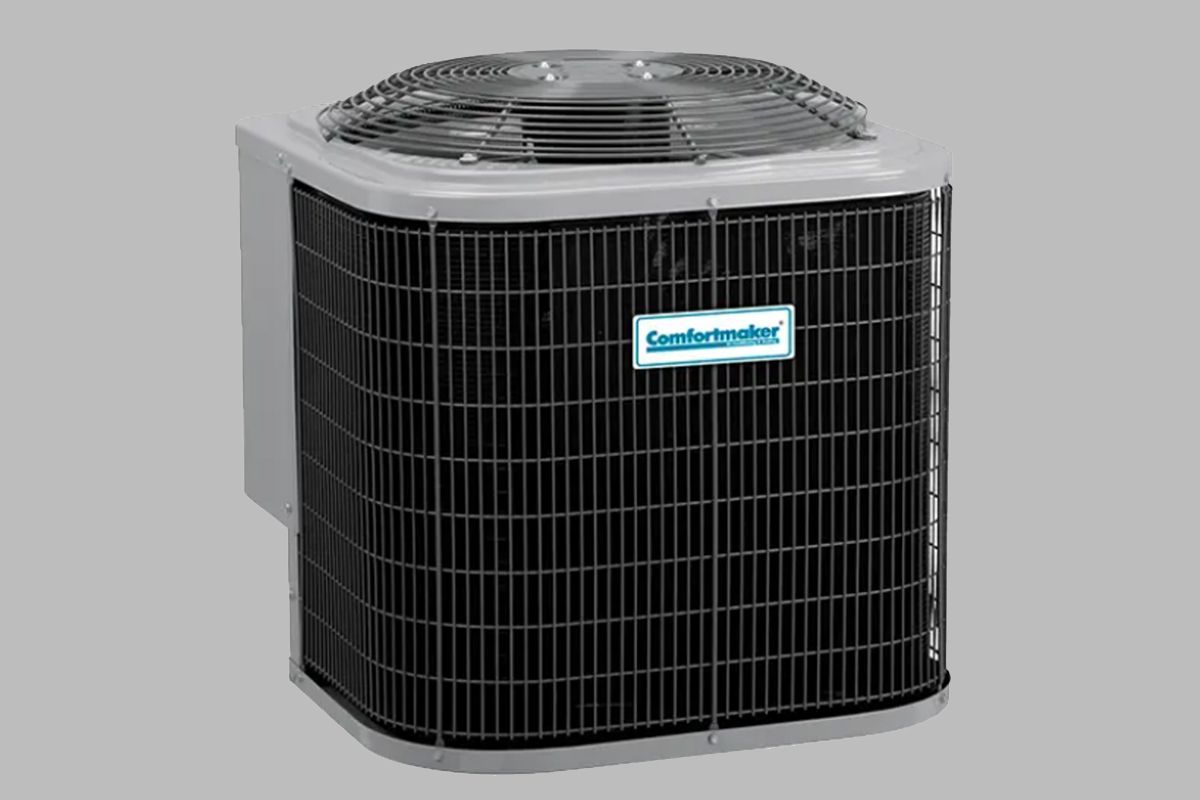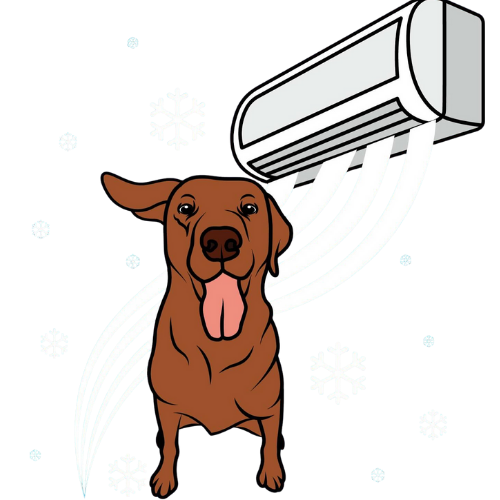How to Know If You’re Getting a Good Deal on an AC Tune-Up
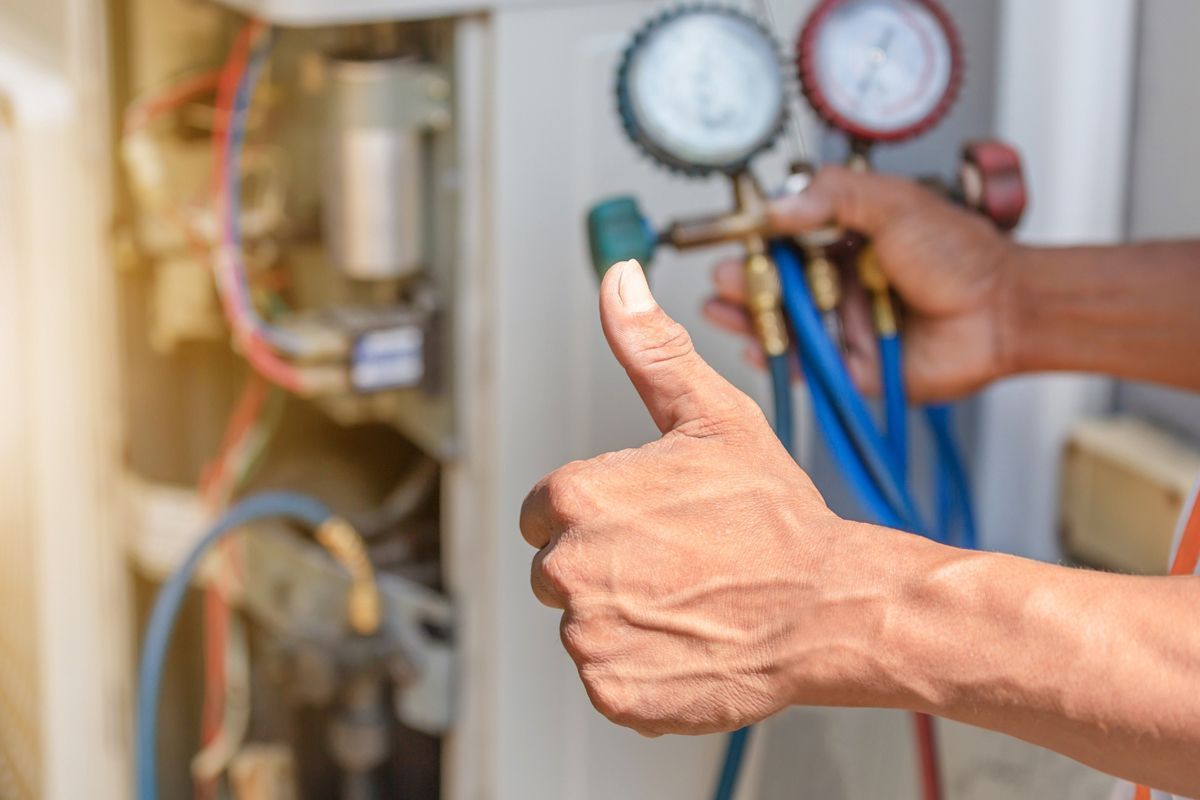
When summer arrives in Florida, your air conditioner isn’t just keeping you comfortable, it’s protecting your home from extreme heat and humidity. That’s why AC tune-ups are such an important service. But with so many companies advertising “specials” and “discount tune-ups,” homeowners in Pinellas County often ask: “How do I know if I’m really getting a good deal?”
Here’s how to tell if an AC tune-up offer is worth it, and what should be included to protect both your system and your wallet.
What’s Included in a Quality AC Tune-Up
A good AC tune-up is more than a quick glance at your unit. It should be a detailed inspection and cleaning designed to restore efficiency, prevent breakdowns, and extend the life of your system.
A proper tune-up should include:
- Checking and replacing air filters
- Cleaning condenser and evaporator coils
- Flushing the condensate drain line
- Inspecting and tightening electrical connections
- Checking refrigerant levels and pressures
- Testing thermostat calibration
- Inspecting ductwork for leaks or blockages
- Measuring airflow and system performance
If the “tune-up” you’re offered only covers one or two of these items, it’s not a real deal — it’s just a sales tactic.
Red Flags That It’s Not a Good Deal
Not all specials are created equal. Watch for these warning signs:
- Unusually Low Prices: A $29 tune-up may sound attractive, but often it’s a way to get a technician in the door to upsell unnecessary repairs.
- No Clear Checklist: If the company won’t provide a written list of what’s included, it’s likely the service will be incomplete.
- Rushed Service: A thorough tune-up usually takes 45 minutes to 1 hour. Anything faster is unlikely to be detailed enough.
- No Guarantee or Documentation: A reputable contractor provides documentation of what was checked, along with recommendations for future care.
Real-World Example in Pinellas County
A homeowner in St. Petersburg called us after buying a $49 “tune-up” from a flyer mail promotion. The company replaced their filter but skipped the coil cleaning and didn’t check refrigerant levels. A few weeks later, the system failed during a heat wave due to a clogged drain line that should have been caught.
After
scheduling a proper tune-up with us, they understood the difference — thorough service that actually prevented issues, not just a quick filter swap.
How to Compare AC Tune-Up Offers
When deciding between offers, ask these questions:
- What’s included in the service?
- How long does the tune-up typically take?
- Will I receive a written report?
- Is the work guaranteed?
- Are there hidden fees?
By asking upfront, you can avoid “too good to be true” deals and choose a company that values long-term customer relationships.
A good deal on an AC tune-up isn’t always about the lowest price, it’s about value. A thorough, professional tune-up saves you money by improving efficiency, lowering energy bills, and preventing costly emergency repairs.
At Williams Air Solutions, our tune-ups are designed for Florida’s climate and backed by experienced technicians who take the time to do the job right.
Schedule your AC tune-up today and experience the difference between a real deal and a risky shortcut. Ready to stay cool and comfortable? Call Williams Air Solutions now at
(727) 353-0090 to schedule your service today.
